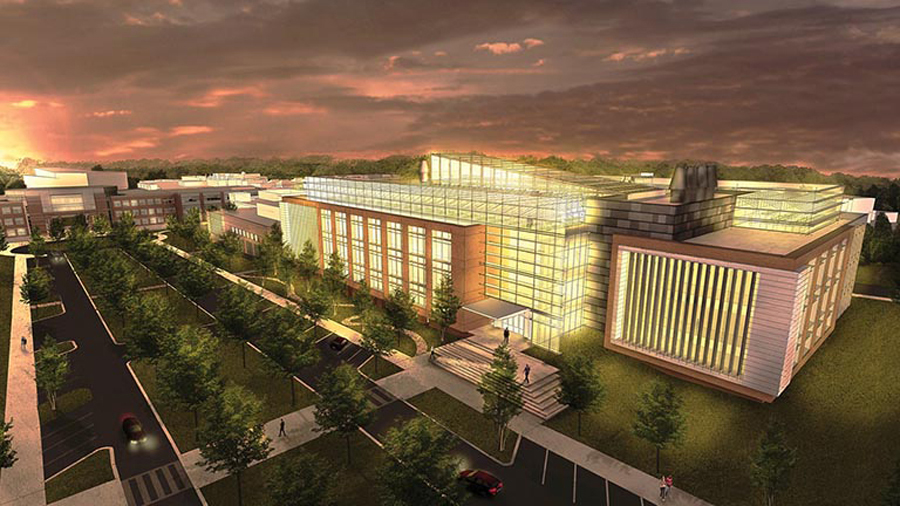By a roughly two-to-one margin, North Carolina voters on March 15 approved a $2-billion bond package that will fund new construction and improvements to public buildings and civil infrastructure systems across the state. Gov. Pat McCrory (R), who championed the Connect NC measure, praised voters for its resounding passage.
“North Carolina has sent a message to the nation that people can come together and work to pass a bond package that will benefit future generations,” McCrory said. “I want to thank the voters for saying yes to education, yes to strengthening our National Guard, yes to improving our quality of life by investing in our state parks, and yes to our smaller cities and towns for infrastructure that attract new jobs and strengthen our economy.”
Nearly half, $980 million, will fund construction projects at each of the state university system’s 17 campuses. Of that funding, the largest single allotment, of $110 million, will help pay for a new science building at Western Carolina University. Other major university projects, and their funding from the bond program, include: $105 million for a nursing school building at the University of North Carolina-Greensboro; $90 million for a life sciences and biotech building at East Carolina University; $90 million toward UNC-Charlotte’s planned science building; $75 million for a new engineering building at North Carolina State University; and $70 million for a health sciences building at Appalachian State University.
More than 50 community colleges will split roughly $350 million in bond funding for “new construction, repairs, renovations,” according to the state’s Connect NC website, available here.
The bond also designates more than $309 million for water/sewer loans and grants for smaller cities and towns. Approximately $179 million is designated for “agriculture” spending, with $85 million going towards a planned $154-million plant sciences building at N.C. State University.
Projects could start moving forward within the next six months, estimates Doug Carlson, president and CEO of Associated Builders and Contractors’ Carolinas chapter, in Charlotte.
“Our biggest challenge is going to be finding craft workers, which is already a challenge,” Carlson says. Despite that continuing concern, he says contractors will find a way. “It’s real exciting; we’re real happy with it.”





